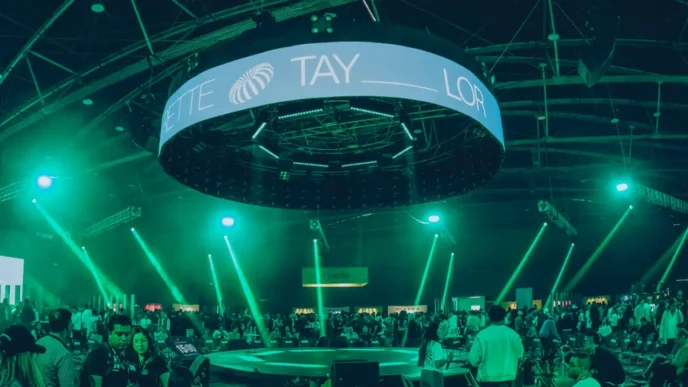A new rivalry may be brewing in the design tech space. Figma has issued a cease-and-desist letter to AI-powered design startup Lovable, demanding it stop using the term “Dev Mode” for a feature it recently launched.
The conflict centers on Figma’s trademark of the phrase “Dev Mode,” which it secured last year through the U.S. Patent and Trademark Office. While the term is widely used across developer tools—from Apple’s iOS to Google Chrome and even Microsoft’s Xbox—Figma insists its claim applies only to the shortcut phrase “Dev Mode,” not to broader terms like “developer mode.”
That distinction hasn’t stopped backlash. Critics online argue that “dev mode” is already a generic industry term, and that it never should’ve been eligible for trademark protection. In fact, companies like Atlassian and numerous open-source projects have long used the term before Figma made its claim.
Still, Figma appears intent on defending its trademark. Legal experts point out that if the company doesn’t enforce it, the term could become generic and lose legal protection. And so, the cease-and-desist letter was sent—even if it was, by many accounts, unusually polite.
Lovable’s co-founder and CEO, Anton Osika, seems unfazed. He has made it clear that the startup has no plans to rename the feature. And in a post online, he even shared a copy of the letter—complete with a cheeky grin emoji.
Beyond the legal scuffle, the two companies are clearly eyeing the same territory. Lovable positions itself as a modern alternative to Figma, even calling out the established platform on its website. It claims to cut out the “tedious prototyping work” that Figma users often slog through. That messaging seems to be resonating—especially with startups eager to build faster.
Lovable is also riding the wave of “vibe coding,” a new trend where users describe what they want in natural language and the tool generates functional code. Its “Dev Mode” allows those users to then fine-tune that code—essentially bridging visual design with production-ready output.
The startup recently raised a $15 million seed round and is gaining traction. But taking on Figma in court could prove costly. Figma, after all, is valued at $12.5 billion and recently filed confidential paperwork for a potential IPO.
In interviews and posts, Osika hasn’t held back. He’s said that Figma should spend less time on trademark battles and more on improving its product. He also claims Lovable is already pulling customers away from older design tools built before the rise of large language models.
The bigger picture here isn’t just about a trademark—it’s about the shifting landscape of design tools and AI’s growing role in shaping how we build products. While Figma’s leadership has downplayed the long-term potential of vibe coding, startups like Lovable are betting big on it.
For now, the standoff continues. And judging by the public tone, neither side is ready to blink.













